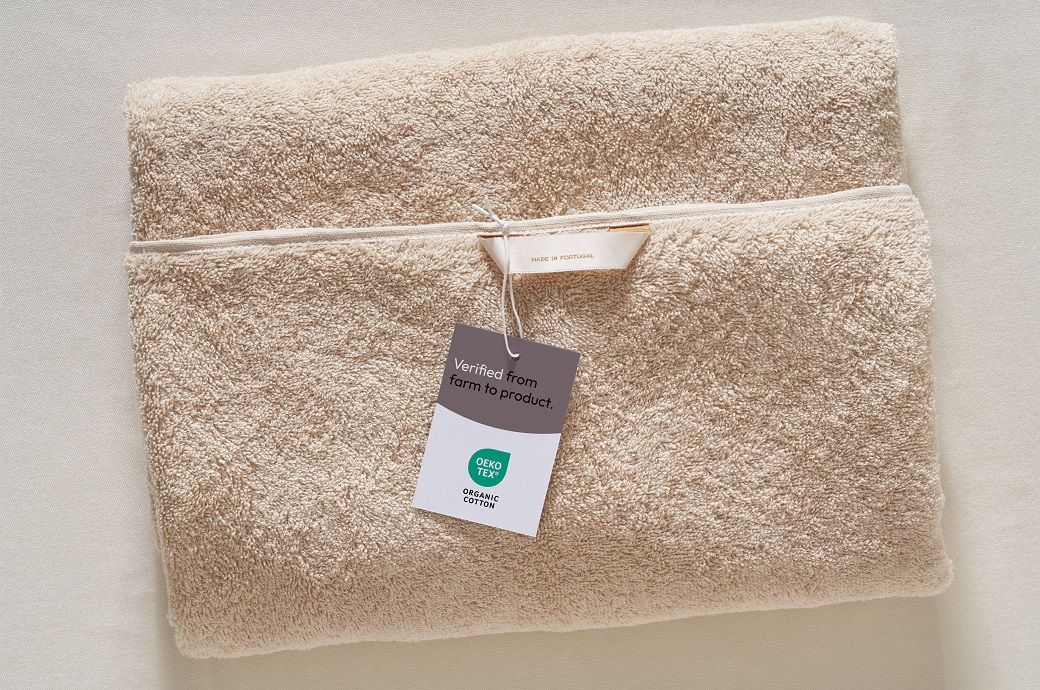OEKO-TEX continues to drive urgently needed change through cooperation and joint action—with their services and at the organisational level, OEKO-TEX said in a press release.
The OEKO-TEX Association, involved in the textile and leather industry, recorded positive growth, issuing over 43,000 certificates and labels from July 2022 to June 2023, a 21 per cent increase.
The Made In Green label grew by 52 per cent.
OEKO-TEX launched two new certifications, focusing on collaboration and responsible business operations.
For their two new certifications, OEKO-TEX focused on cooperation with numerous parties along the global supply chain. Launched in November 2022, OEKO-TEX Responsible Business addresses the increasing global expectations and due diligence requirements. The tool and certification support textile and leather companies in preventing negative effects from their own business operations, supply chains, and broader business relationships. Companies working with OEKO-TEX Organic Cotton benefit from a global network of certified companies to facilitate sourcing of chemicals, materials, and business partners—from cultivation to finished product.
At the organisational level, OEKO-TEX is focusing on partnerships with multi-stakeholder initiatives to include as many different perspectives as possible and allow all parties to benefit. Working with ZDHC to promote sustainable chemical management and becoming an ISEAL community member are just two of many collaborations for OEKO-TEX, which is striving to address the industry’s most pressing challenges.
Meanwhile, the association’s core business advances. For example, based on industry developments and scientific findings, OEKO-TEX issued a general ban on the use of per- and polyfluorinated alkyl substances (PFAS/PFC) in textiles, leather, and shoes certified by Standard 100, Leather Standard, and Eco Passport. OEKO-TEX also surpassed the milestone of 1,000 STeP certified production facilities.
OEKO-TEX is in a strong position to continue its work—enabling the industry and consumers to make more responsible decisions through partnership and education.
Fibre2Fashion News Desk (NB)






